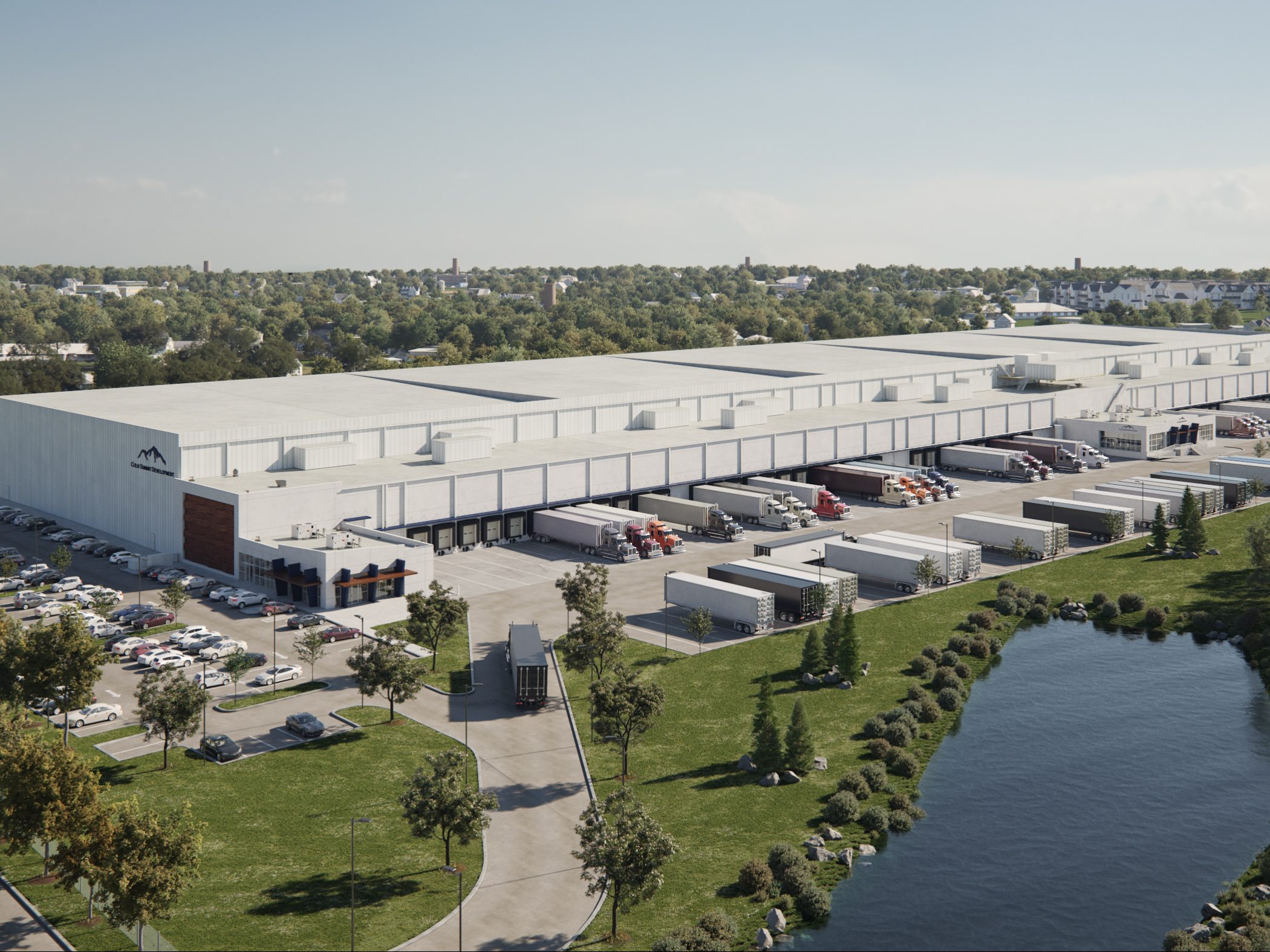What CRE Needs to Know About GenAI
Examples of how this technology can improve the way we work are everywhere these days.
Interest in generative artificial intelligence and how it can help improve the way we work is everywhere you turn these days. Interest in real-world use cases and instances of clients piloting or putting GenAI to work have been on the rise over the past year. In the April column, I gave a short primer on GenAI and why you should care about it. Now I’d like to talk about a couple of specific use cases and why I think they’re particularly good examples. Also, a quick heads-up: I’m going to harangue you once again to get your existing data in order. Why? Because without content and data, GenAI doesn’t work.
Before I go there, I’d like to make an important distinction and offer a word of caution. In contrast to other forms of AI, GenAI and the use cases associated with it focus on creating something by leveraging sets of existing content and given parameters. Lately, I’ve been seeing GenAI conflated with advanced or predictive analytics, which are also forms of artificial intelligence, but they shouldn’t be confused with generative AI.
Since we’ve had so many conversations that revolve around the question, “How can GenAI help my business?” let’s look at a couple of specific ways.
First, let’s take lease document generation and prior lease research. I’m not thinking of multifamily or other instances in which the lessor can generally enforce a standard lease agreement. Instead, I’m thinking about those of you who have been in business for decades, have large commercial portfolios and thousands of leases.
In this case, although you may have a standard lease agreement that can serve as the starting place for smaller tenants, it often isn’t the starting point for larger tenants. In the former case, “standard” is a term of art. Commercial leases are complicated, particularly in retail, and need to incorporate terms that are specific to that tenant, that type of tenant/that tenant category, the other tenants in that location, and the location itself. In this case, with access to other leases, GenAI can help with the initial draft of a standard lease by compiling agreed-upon language from prior leases that is specific to that set of circumstances. Think of it as providing a good starting point that shaves off time otherwise spent researching and compiling.
For leases that are negotiated with a large tenant for which the lease agreement either isn’t on “your paper” or will be heavily modified, GenAI can help with the research required to understand what has been negotiated and agreed upon in the past. We hear from clients that it’s a big pain point and consumer of time to perform this research and make it specific to the circumstances of a new lease. With access to past leases, GenAI can perform much of the research, serving up a summary of “what have we agreed upon with tenant X for Y conditions.”
The second use case for investment managers relates to due diligence questionnaire responses. I don’t know anybody who is excited about responding to DDQs, but they’re a necessary part of the business, and in very few cases are they standardized. Again, GenAI can help draft an initial response, based on responses to prior DDQ submissions for the same set of questions.
In both cases, is the initial draft or set of research produced using GenAI ready to go without further work? No. Does GenAI save time and speed up the process? Yes. For these examples to work, a good set of content needs to be available.
And that’s where the harangue about getting your data house in order comes in. If your final DDQ documents and executed leases are stored along with multiple prior drafts, GenAI will have trouble distinguishing among them and the results will be unreliable.
So here’s the brief harangue I promised about getting your data house in order. If your final DDQ documents and executed leases are stored with multiple prior drafts, GenAI will have trouble distinguishing between them and the results will be unreliable.
I’m encouraged by the amount of curiosity and exploration in the industry related to GenAI, and I believe we’ll continue to see it help shift human capital to more productive uses. Assuming I’m right, that can only be good for our industry.
John D’Angelo is a managing director with Deloitte and is the firm’s real estate solutions leader, designing solutions to address client challenges and push the industry forward. With more than 30 years of experience as a management consultant to the global real estate industry, John has helped some of the biggest names in real estate leverage technology and use data to optimize and transform their operations.









You must be logged in to post a comment.